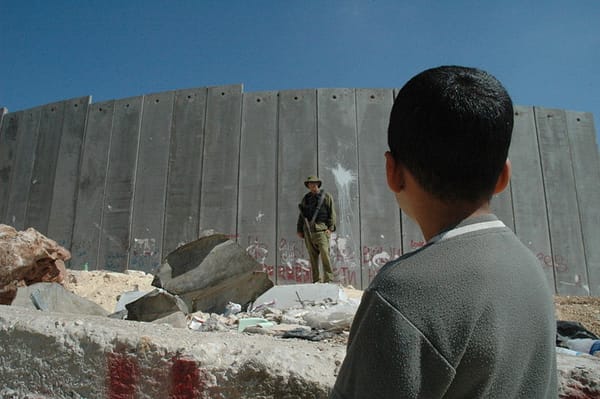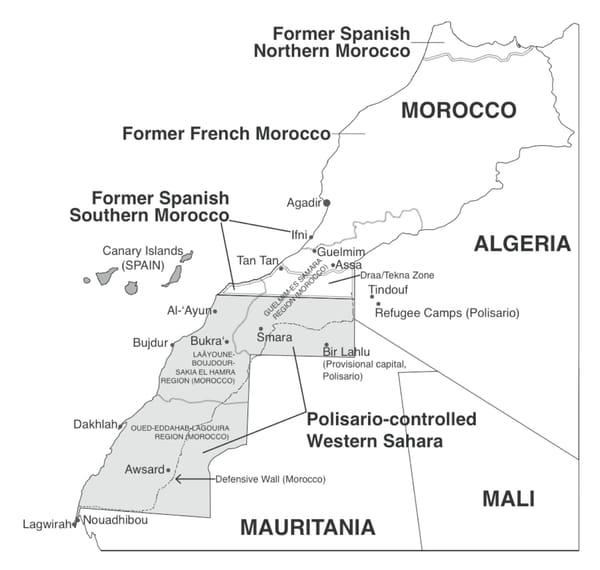



How One Palestinian University is Remaking ‘Israel Studies’
At Birzeit University in the Israeli occupied West Bank, students and faculty are fundamentally remaking the dominant paradigm of Israel Studies as it has been configured in the United States with its proud “advocacy” mandate on behalf of the Israeli state. Birzeit’s program turns this paradigm insiPrecarious Teachers Strike for Public Education in Morocco
Over the past three years, striking and demonstrating teachers have mobilized against their new precarious status as contract-labor under government privatization reforms implemented in 2016. The teachers’ struggle is bound up in the broader fight by Moroccan unions against the government’s neoliberIsrael and the Antisemitism Playbook in Great Britain and the Grassroots
The ongoing attacks on Congressional critics of Israeli policies like Rep.'s Ilhan Omar and Rashida Tlaib for their alleged antisemitic remarks appear culled from the same playbook that Israel’s supporters in Great Britain used to tarnish Labour Party leader Jeremy Corbyn: continuously vilify the meTurkish Voters Upset Erdoǧan’s Competitive Authoritarianism
Turkish voters sent a strong message to its long-standing ruling party and its leader on March 31, 2019 that the government’s authoritarian turn has not fully succeeded. In nationwide municipal elections, for the first time in a quarter century, the political movement largely associated with Turkey’
Protesting Politics in Algeria
Since February 22, 2019, Algerians have mounted massive protests in cities across Algeria. While calling for President Bouteflika’s resignation has been a focal point of demonstrations, the protests are more broadly a political contestation against a byzantine, status-quo politics upheld by an eliteMaking the Economy Political in Jordan’s Tax Revolts
The Jordanian citizenry remain unwilling to pay more taxes. The old system no longer works, but the way forward demands that Jordan’s leaders address the need for substantive reforms in both the economic and political systems that currently govern Jordanian lives. Any new social contract between theThe Manufactured Controversy About Ilhan Omar and the Israel Lobby
The firestorm that greeted newly elected Congresswoman (D-MN) Ilhan Omar’s tweets about the Israel lobby’s clout in Congress reveals as much about her critics as it does about the rising tide of progressive politicians who no longer show deference to establishment prohibitions on criticizing Israel.Egypt’s Arrested Battlegrounds
While mass arrests and arbitrary detentions are nothing new to Egypt, the escalation and widening pattern of arrests over the past year indicate that the authoritarian mindset of the Egyptian regime has significantly changed. Egypt under President Sisi has succeeded in reestablishing authoritarianisProtesting Clerical Welfarism in Iran’s Pious City
Protests in Iran's holy city of Qom reveal that social fragmentation in Iran runs so deep that even within a community as intimately related to religious learning and the state as Qom, the divisions and boundaries go beyond easy distinctions between regime and opposition, hardliner and reformer or s